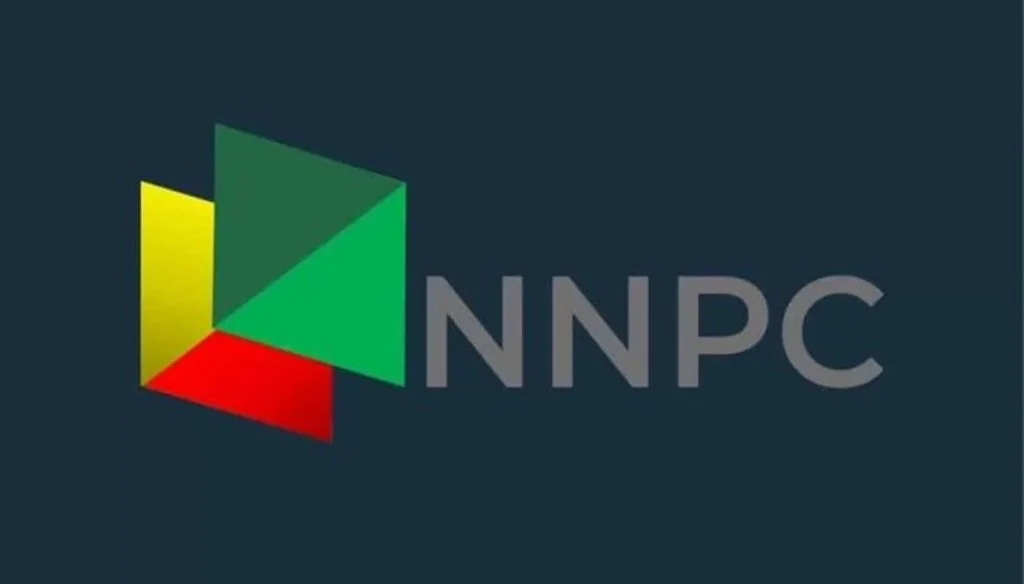Business
NNPCL sells fuel at N855 per litre

There are indications that Nigerians are in for harder times as the Nigerian National Petroleum Corporation Limited (NNPCL) has increased its pump price to N855 per litre.
This comes just as the NNPCL management admitted that it was facing a debt challenge to the tune of $6 billion from its supply chain abroad.
While the prices have varied since the removal of the subsidy by the Nigerian government, NNPCL had retained its fuel price at N617 per litre.
A statement by its Chief Corporate Communications Officer, Olufemi Soneye, subtly confirmed that the debt was the cause of fuel queues springing up at filling stations across the country, lamenting that it is impacting supply sustainability.
There were speculations that the national oil company began struggling to meet fuel supply demands early this year when late PMS payments surpassed $3 billion.
Even at that, the Federal Government had consistently debunked claims that it was still subsidizing petroleum products.
Our reporter captured the new pump price, which has already gone viral on social media.
While commuting to work this morning, our reporter also observed a large number of people at bus stops trying to catch vehicles for their daily routine.

